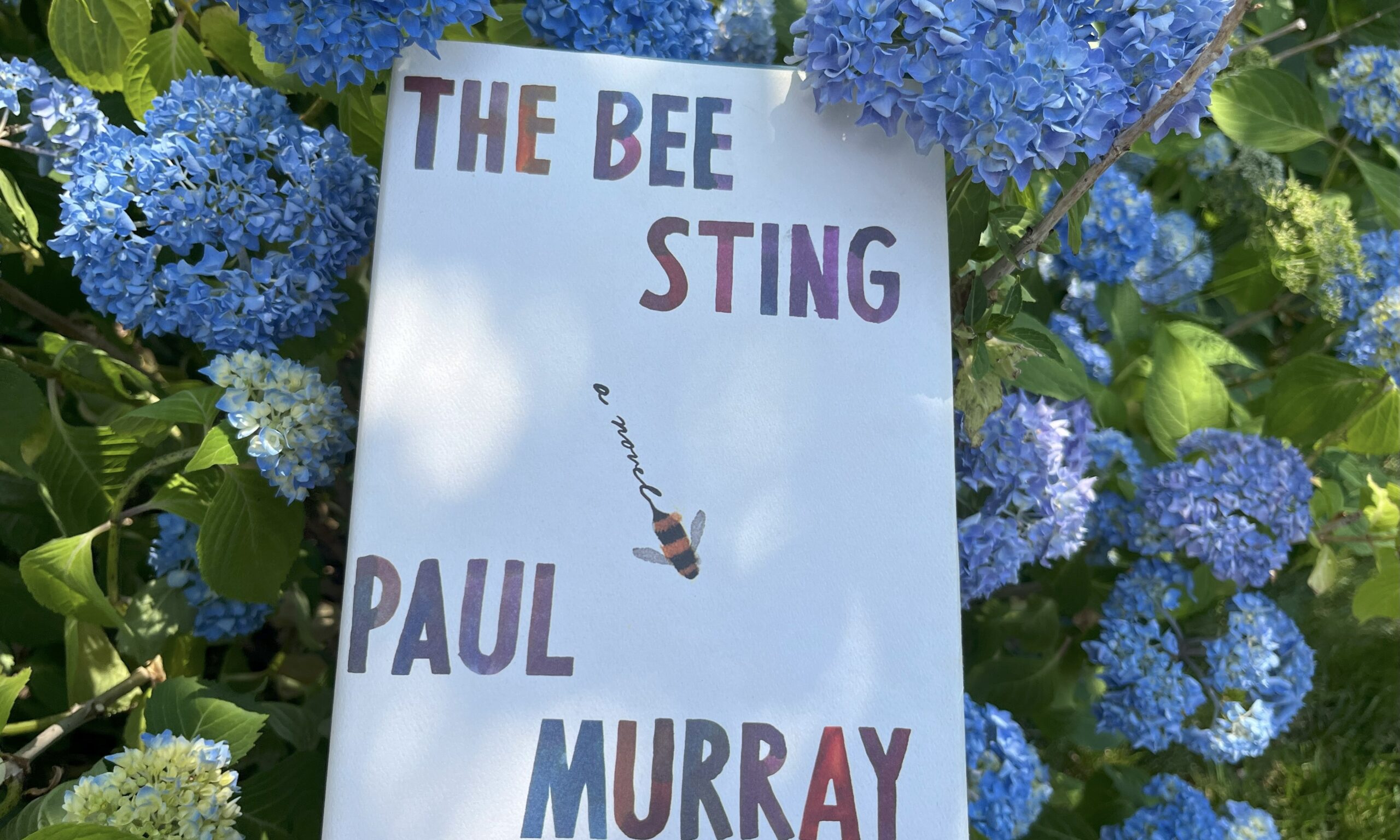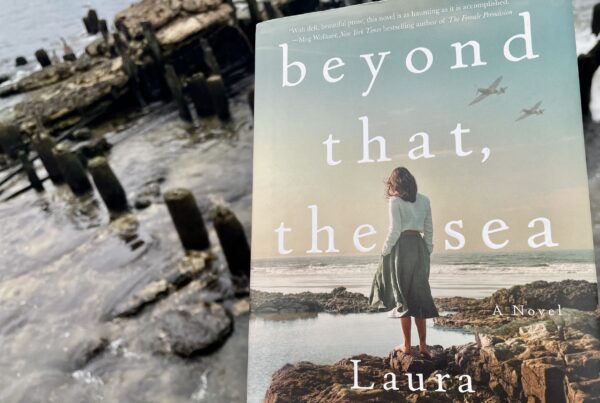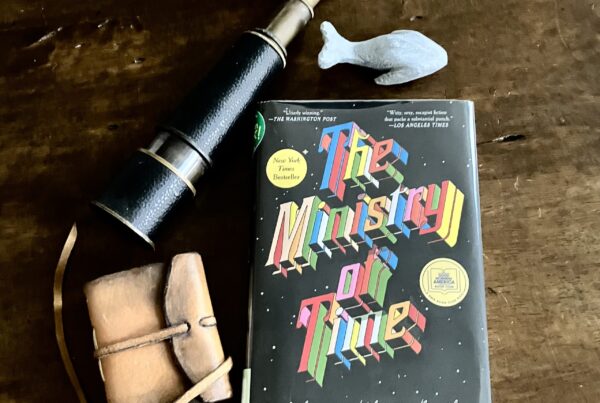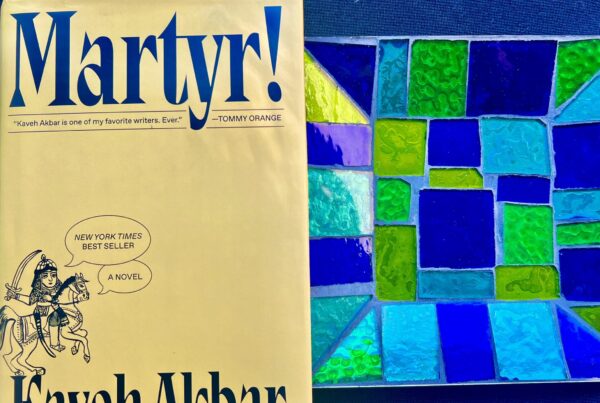Simply put, The Bee Sting is the story of the Barnes family—middle class, Irish, and struggling through the aftermath of the 2008 financial crash. But Paul Murray, as it turns out, doesn’t do simply put. His novel unfolds from each of the four family member’s perspectives, and as their individual experiences loop and dodge and weave, it becomes clear that The Bee Sting, richly layered and complex, is many stories.
It is the story of a splintering family: their long-harbored secrets and their yearning to escape into fantasy worlds. The Barneses all cope with their impending financial ruin in their own ways. Dickie, his Volkswagen dealership failing, “future-proofs” by preparing an apocalypse bunker in the woods. His wife, Imelda, a beauty who came from poverty, spends her days selling their valuables on eBay and plotting how her wealthy father-in-law might save them. The daughter, Cass, anxious whether she’ll even be able to go to college in the fall, descends into partying. And, the son, PJ—naive and endearing—makes plans to run away to Dublin. For each, what begins as an impulse to help their family devolves instead into self-annihilation.
I don’t know whether Murray’s shifts in perspectives are doing anything new, per se—they certainly nod to Faulkner and Morrison in their crisp way of capturing voice. But they are rich, engrossing, and ultimately, I think, rather brilliant. As the novel progresses, these shifts become quicker and quicker until the terrifying, theatrical ending, where chaos reigns. Murray withholds quotation marks throughout, but it’s impressively clear who’s speaking what. And for Imelda’s sections, he withholds punctuation all together, a choice I initially found gimmicky but soon came to admire. Of course Imelda’s frantic inner life would be punctuation-less—it suits her character perfectly.
The Bee Sting is also the story of violence: the first sentence, “In the next town over, a man had killed his family,” sets an ominous tone which lasts for 650 pages. It is the story of how shame corrodes our sense of self, of blackmail, of ghosts, of car accidents, of dangerously alluring strangers, and of 100 year floods. Victor, a handyman, who’s helping Dickie build the bunker, is on a mission to wipe out the gray squirrel population in order to save the endangered, indigenous red squirrels. A bee, trapped in her veil, stings Imelda on her eye as she heads to the church to marry Dickie.
Ultimately, it is the story of climate change and of learning to face our fear of reality. The Barnes family—like our planet—is being destroyed from the inside out. Their home literally falls apart around them, but still they hide their secrets, bury their true selves, and willfully ignore the facts. They scurry about, replacing one false comfort with another. The existential solution, Murray seems to suggest, is authentic, vulnerable connection. In one powerful scene, Cass attends a lecture on climate change at Trinity given by an alumnus turned politician. He says:
Global apocalypse is not interested in your identity politics or who you pray to or what side of the border you live on. Cis, trans, black, white, scientist, artist, basketball player, priest—every stripe of person, every colour and creed, we are all going to be hit by this hammer. And that is another fact that unites us. We are all alive together in this sliver of time in which the human race decides whether or not it will come to an end. As the poet says, We must love another, or die.
The whole speech struck a chord with me, and not just because I love this character. It so often feels that we’re—pardon the outdated reference—like those warring kingdoms in Game of Thrones: obsessing over our urgent, petty squabbles, when just over the wall the dead are rising and winter is coming. If we’ve any hope of surviving imminent catastrophe, then we’ll have to admit that we’re bound together in the same home.
Do the Barneses unite at the end to avoid the cataclysm they’ve been hurtling towards? I will only say that this is one of the most exhilarating, terrifying, and lyrical endings I may have ever read. It isn’t painless, but then, good poetry—and love—never is.




